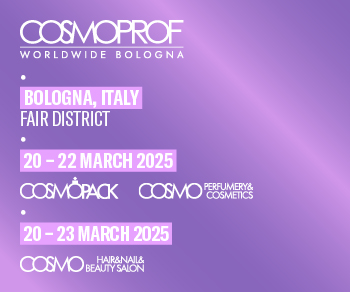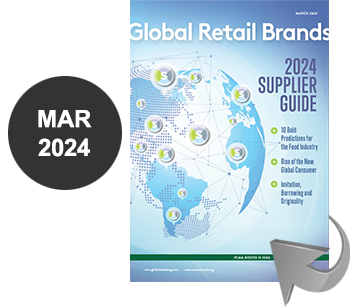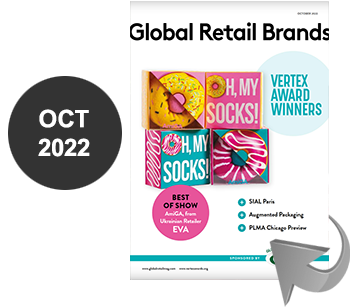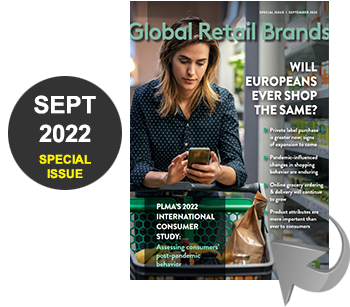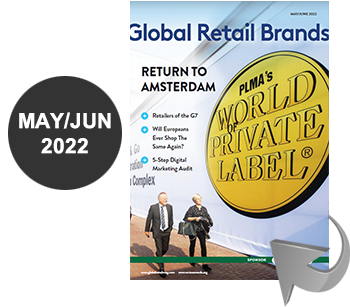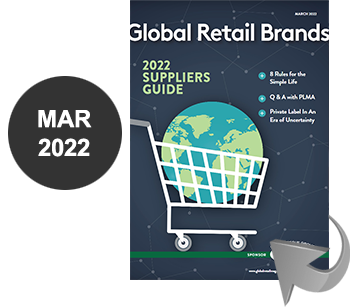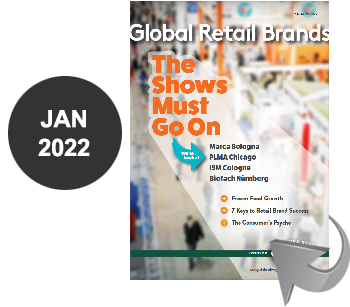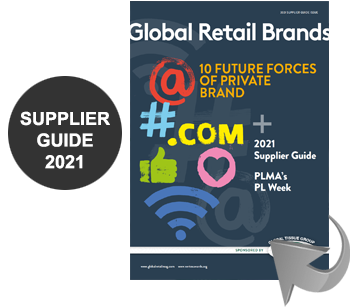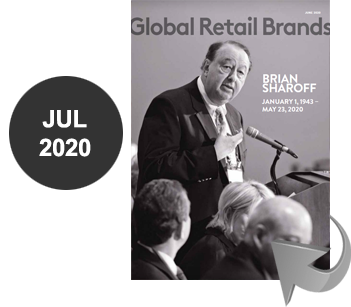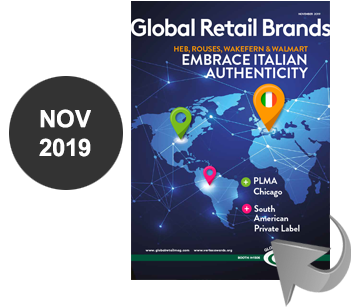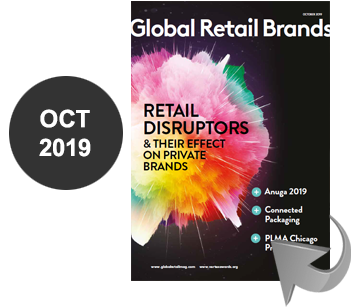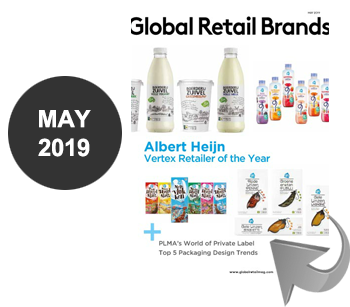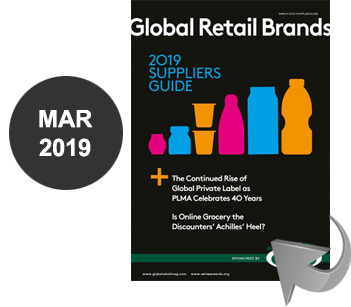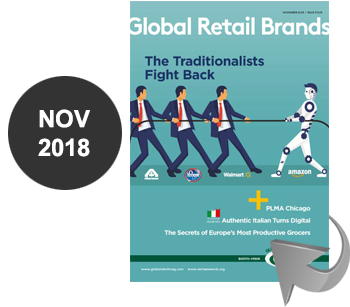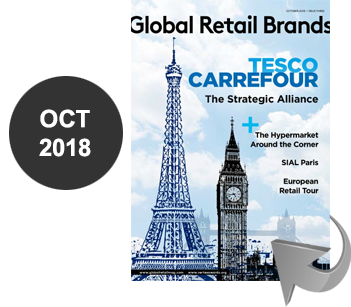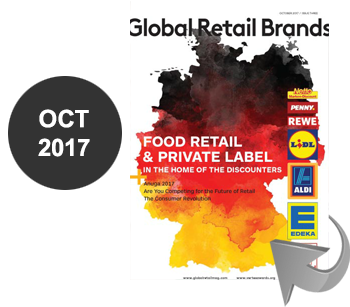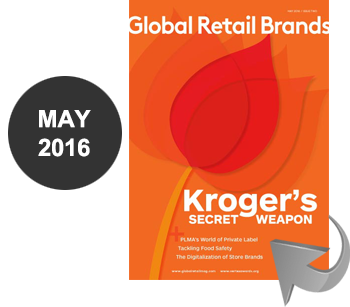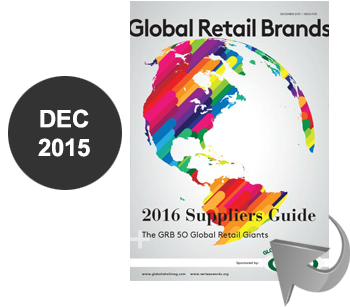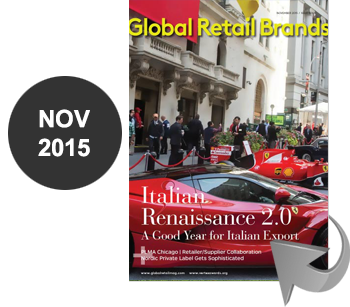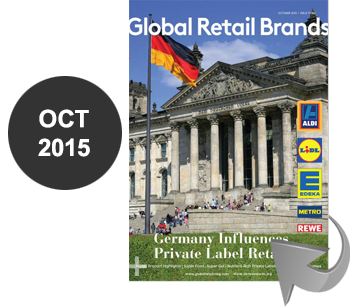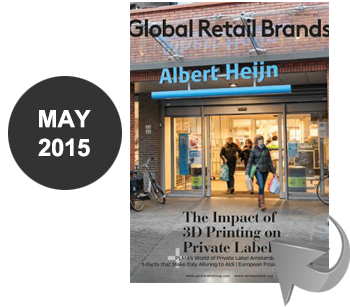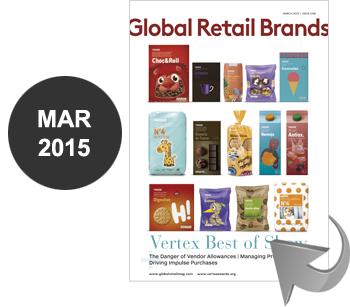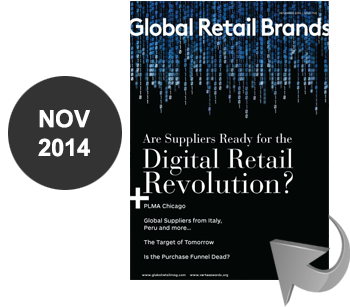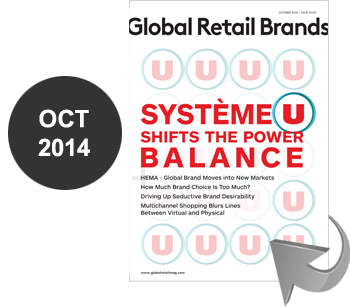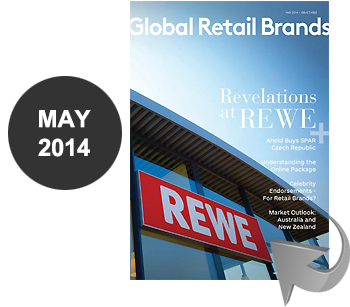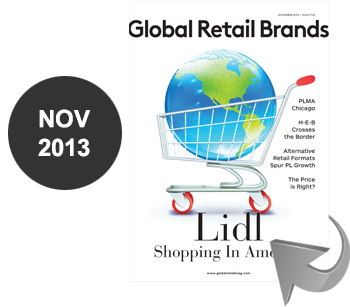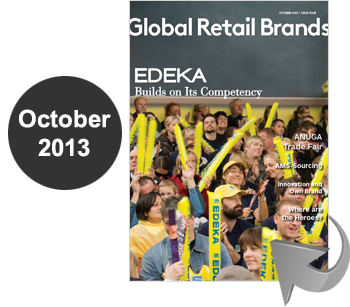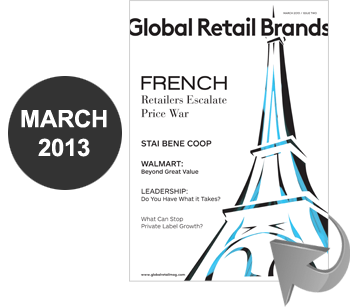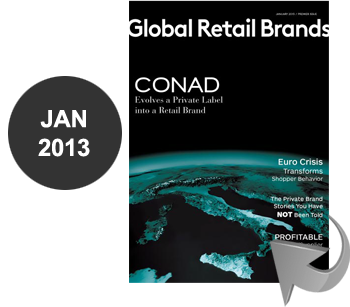 By / CHRISTOPHER A. DURHAM: PRESIDENT & CHIEF STRATEGIST, MY PRIVATE BRAND
By / CHRISTOPHER A. DURHAM: PRESIDENT & CHIEF STRATEGIST, MY PRIVATE BRAND
Generic, private label, store brand, own brand, private brand, phantom brand, pseudo brand. No matter what we call them or how we choose to categorize them, the broad names rarely do justice to the portfolios of Private Brands managed by the world’s retailers. Further, when we look outside of grocery and consumer packaged goods and deeper into the “forgotten channels” (electronics, home improvement, fashion, office supply, industrial supply, pet, online, etc.), the overgeneralization pigeonholes many retailer owned brands into following the grocers of the world and aiming for second place.
These terms rarely, if ever, accurately describe the complexity and relevance of retailer owned brands, yet we continue to ask consumers about “private label.” By now the story is familiar:
• More than 30% say they are buying more private labels.
• 75% of shoppers say private labels are as good as national brands.
• Nearly nine in 10 (88%) survey respondents report they have found several private labels that they feel are just as good as national brands and few consumers plan to switch back to national brands.
Fueled by research conducted or funded by some of the biggest names in the industry (who are primarily focused on grocery) the studies all suffer from two fundamentally incorrect assumptions retailers of the “forgotten channels” must avoid: All private brands are the same.
In black and white the assumption seems absurd – of course they aren’t. They are no more the same than all national brands are the same. Yet year after year, researchers ask consumers broad generic questions about their likelihood to buy private labels, or the now clichéd, “Are private labels a good alternative to national brands?”
Does anyone really assume that products in Tesco’s Technika Private Brand of electronics are the same as private brand jeans from Japan’s Aeon? Lumping all retailerowned brands into one “private label” bucket only continues to encourage the commoditization of all brands and delivers data catering to the old school notion of generic private label.
Private Brands are only good enough for 2nd place. Unfortunately, many retailers continue to manage their private brands with this as their unspoken guiding principle. However, Private Brands can and must play other roles, fill other business needs and solve other customer problems. No one walks into Ikea and asks for a national brand – Ikea is the BRAND.
“Forgotten channel” retailers often benefit from increased credibility with consumers in their category that extends well beyond traditional supermarkets. Simply stated, customers believe that H&M sells great fast fashion, Kingfisher fills their home improvement needs, and Viking/Office Depot helps them grow their business with quality office supplies. The credibility of the master retail brand imbues credibility on the private brands and those brands can play to win.
Research is good.
Getting to know your customers is better. Although the reams of research about private label are often reassuring, it is seldom actually helpful. Perform research that helps you get to know your customers and discover how they feel about your brands. Even better, leverage your sales information and customer loyalty data to build brands that solve their problems and attempt to fill their needs. Only then can we win.

